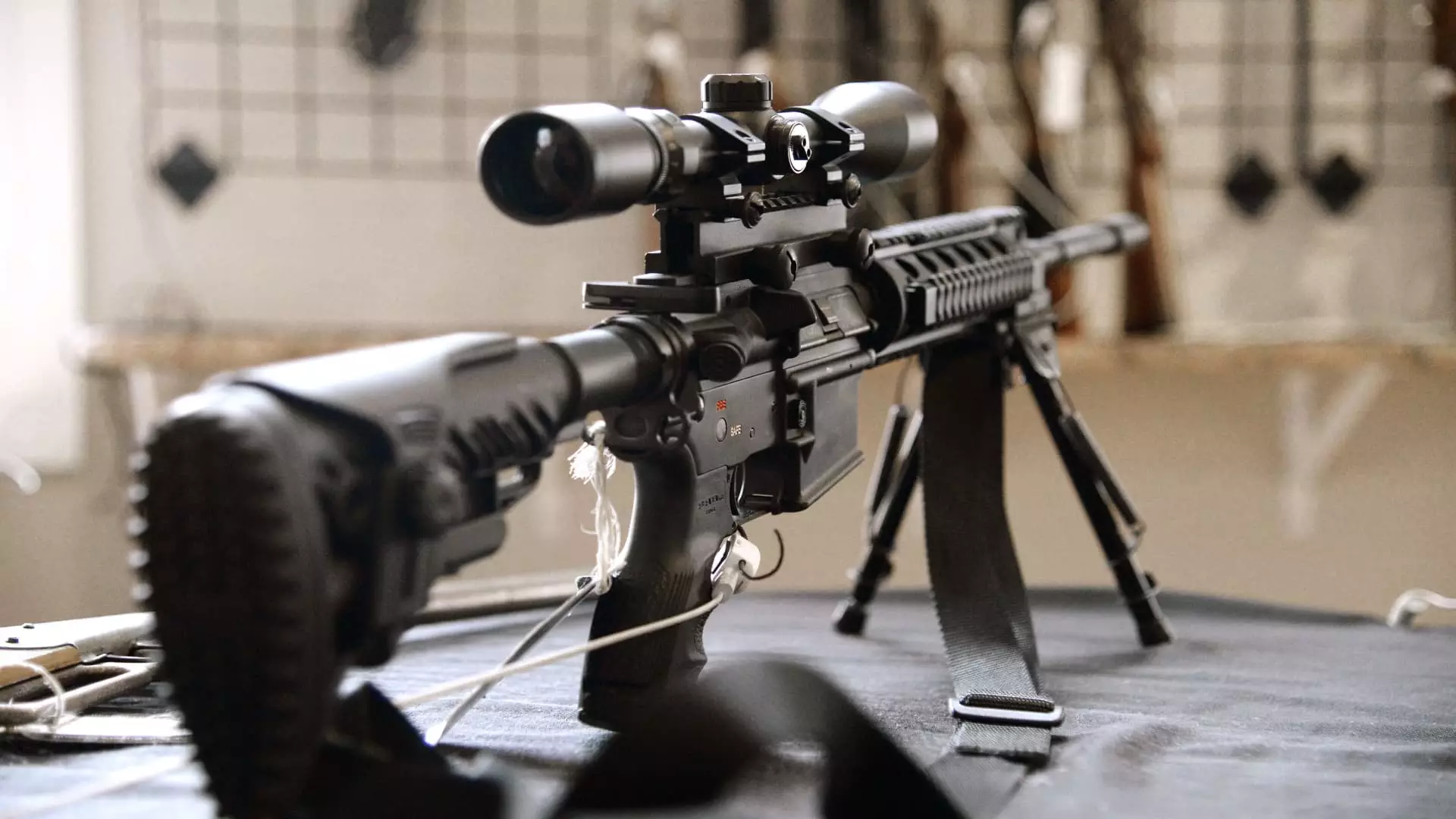Rhode Island has recently taken a significant step toward gun control by advancing legislation that targets the sale and manufacturing of semiautomatic rifles commonly labeled as assault weapons. This bill, which has garnered bipartisan attention, now awaits the signature of Democratic Governor Dan McKee, who has expressed his support for such measures. If enacted, Rhode Island would become the 11th state to impose restrictions on these high-powered firearms, a move that aligns with the growing urgency to address gun violence in America post numerous tragic mass shootings.
The initiative emerges as an urgent response to a clear and persistent public demand for enhanced gun regulation. The tragic frequency of mass shootings has sparked conversations around the need for comprehensive approaches to gun safety, making it evident that the public sentiment has shifted toward demanding stronger legislative action.
Incremental but Necessary Change
While many gun control advocates, including Democratic Representative Rebecca Kislak, view this legislation as a significant yet incremental move, the reality is that it doesn’t go as far as it should. Kislak poignantly articulated the sense of disappointment with the bill’s limitations, advocating for a more robust approach that would also ban possession—not just the manufacture and sale of assault weapons. However, in the context of the legislative landscape in Rhode Island, where even modest steps invite intense debate, this bill has been seen as a crucial first stride.
Critics argue that the limitations of this legislation undermine its potential impact. Striking at the heart of the issue, they point out that merely restraining sales and manufacturing will not address the underlying violence perpetrated with these weapons. The rhetoric from opponents, including Republican Senator Thomas Paolino, emphasizes that laws targeting law-abiding citizens do little more than create hurdles for responsible gun owners while failing to limit access for those with malicious intent.
Navigating the Political Minefield
Political opposition is not confined to party lines. Even within the gun control advocacy community, there is discontent regarding the perceived weakness of this legislation. High-profile advocates, including David Hogg—a survivor of the tragic Parkland shooting—have voiced their disappointment, labeling it the “weakest assault weapons ban in the country.” His assertion reveals a critical divide in how to approach gun legislation. Demanding a comprehensive ban over half-measures speaks to a foundational belief that real change requires aggressive policies rather than incremental efforts that leave loopholes intact.
On the other hand, Elisabeth Ryan from Everytown for Gun Safety counters criticisms by stating that without any ban, Rhode Island currently has the weakest stance. Herein lies the conundrum of political strategy: how to balance the urgency of public safety with the contentious debates around Second Amendment rights. The landscape of gun control advocacy becomes an arena where strategy often clashes with the dire moral imperatives of protecting lives.
The Bigger Picture: National Implications
Beyond the borders of Rhode Island, the implications of this legislation reverberate nationwide. The landscape of gun control is evolving yet remains deeply contentious. Legal battles around state-level bans illustrate the tensions between gun rights and public safety decisively. With the U.S. Supreme Court looming as a potential adversary, particularly with its conservative majority ready to challenge such bans based on Second Amendment interpretations, the fate of this legislation could set significant precedents.
As Massachusetts, Connecticut, and New York bolster their restrictions alongside Rhode Island, the conversation surrounding gun control intensifies, demonstrating the dichotomy of citizen safety and constitutional interpretation. This is a pivotal moment not only for Rhode Islanders but also for a national audience watching how states navigate their gun laws amidst rising violence and mounting public concern.
The legislation’s journey illustrates the fragile nature of progress in the political landscape—a courageous move toward safeguarding communities marred by violence, yet shadowed by the complexities of rights and societal responsibility. With varying opinions swirling around the efficacy of such measures, Rhode Island stands at a crucible of constitutional and ethical debates over the future of gun rights and public security.


Leave a Reply